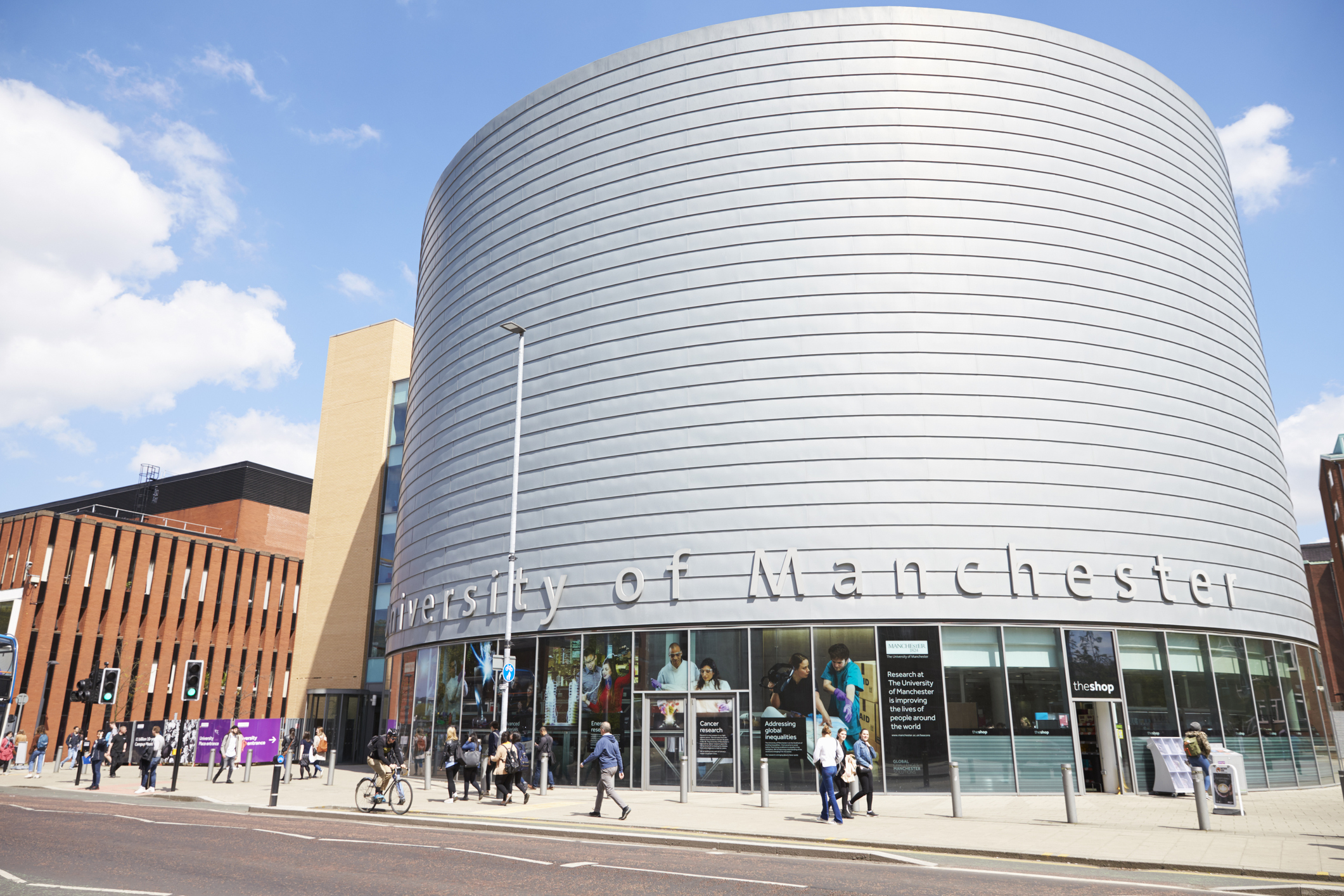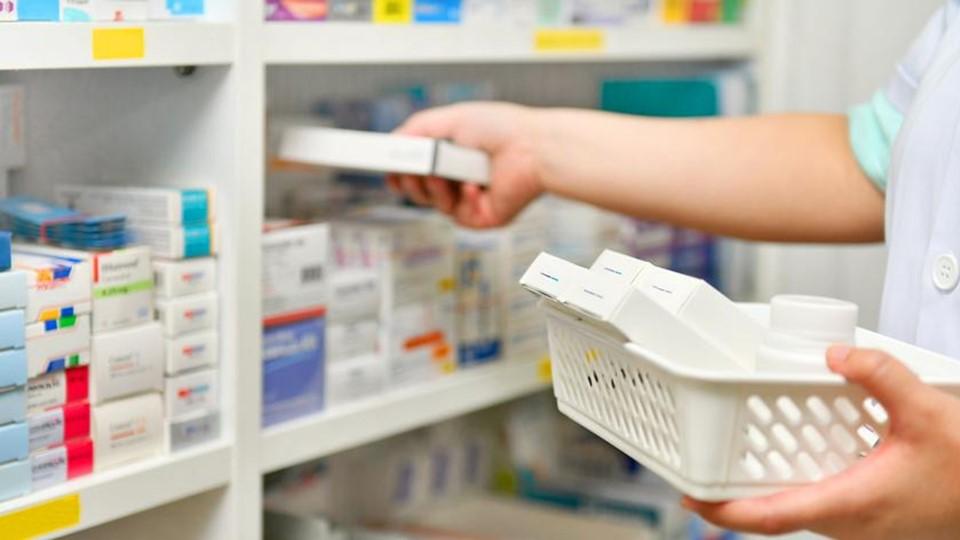Beyond Brexit: how the UK can continue to attract foreign investment

The UK will remain a world-class place for life sciences, regardless of Brexit – but overseas companies can benefit from experienced guides on how to set up and thrive here, say Mark Edwards and Yvette Cleland.
We understand that life science companies from the US or Asia looking to invest in Europe may have doubts about choosing the UK, rather than, say, Germany, Switzerland or the Republic of Ireland.


Mark Edwards & Yvette Cleland
There is no doubt that Brexit is preoccupying a lot of minds in the UK and Europe, and that it is creating uncertainty about the environment in the UK. The recent confirmation that that the European Medicines Agency will leave London for Amsterdam by March 2019 was, of course, a loss to the country.
However, even in the midst of that uncertainty, this week has seen a resounding vote of confidence in the UK: Merck Sharp & Dohme has announced plans for a new life sciences discovery research facility in the UK, supporting 150 new, high-value research roles.
Also announced was a new partnership between diagnostics company, Qiagen, and Health Innovation Manchester, with the aim of developing a genomics and diagnostics campus in the city, with up to 800 jobs being created.
Health Innovation Manchester is a partnership of universities, research bodies, NHS trusts, life science industry and local government, and makes Qiagen’s announcement of additional interest. This is because it illustrates the great potential for the UK, with the NHS as the cornerstone in the R&D ecosystem.
This partnership could help realise the dream of the NHS tapping into its unparalleled data sources to support research – and thereby help patients not just in the UK, but around the world.
[caption id="attachment_34574" align="alignnone" width="312"] The University of Manchester is one of the partners in the multi-stakeholder collaboration Health Innovation Manchester[/caption]
The University of Manchester is one of the partners in the multi-stakeholder collaboration Health Innovation Manchester[/caption]
This news coincided with the Government launching its own industrial strategy for a handful of key sectors, including life sciences.
There are said to be further announcements of major investment from the sector in the pipeline, and all this will undoubtedly reassure pharma and biotech that the UK remains very much open for business.
That’s because the country’s fundamental strengths remain unchanged. The UK is home to world-class academic research, having three of Europe’s top 10 universities. This helps make the so-called ‘Golden Triangle’ of London, Oxford and Cambridge Europe’s premier biotech cluster. Access to Europe’s premier finance centre in the City of London also makes it the ideal hub for deals to be done.
A national chaperone
Nevertheless, we know that life sciences companies from the US and Asia looking to make investments in Europe can find the process frustrating and confusing.
That’s because of the high level of regulation in each European market. In most cases, there is no single organisation to help navigate companies through all the choices on regulations, locations and hiring employees.
Having spent a long time working in the life sciences industry, we know it can be difficult to find guidance on how to set up, and to source the support your business needs to establish and grow.
The Health Science Business Gateway (HSBG) is here to make that search easier. The HSBG is an affiliation of a group of like-minded life science service companies which have come together to help companies looking to invest in the UK.
The UK government has a variety of agencies to help attract investment, which do an excellent job. Earlier this year, EY announced that the UK is still first for foreign direct investment (FDI) in Europe. The Department of International Trade (DIT) stated the UK attracted over 2,200 new inward investment projects in 2016/17, leading to 107,000 new roles being created. DIT has been at the forefront of 80% of these projects.
However we believe there remains a need for people involved directly in the sector to add a helping hand.
We see the HSBG as a kind of unofficial 'national chaperone' to companies looking to enter the UK’s life sciences ecosystem. We have been brought together by a mutual respect for each other’s work in our respective specialist fields, a collaborative which can help guide companies into the UK, and on to successful growth.
Whichever European country you choose to invest in, there are always regulatory and bureaucratic hurdles to overcome, and challenges very specific to each country – even within the apparently harmonised European Union.
However some countries, such as the Republic of Ireland, have created a very effective ‘one-stop shop’ for inward investors, which countries like the UK need to emulate if they are to remain competitive.
Local regulations and ways of doing business shouldn’t be a deterrent to investment. Given a little guidance and support once they have chosen their European base, life science companies can hit the ground running.
To learn more about the Health Science Business Gateway (HSBG) visit its website here
About the authors:
Mark Edwards is a drug developer with 25 years’ pharmaceutical R&D experience. Formerly global clinical R&D director and then director of science and medical public affairs at Pfizer in Sandwich, Kent, he has worked in all phases of clinical development across therapeutic areas.
His experience also includes the establishment of major R&D projects at the interfaces between academia, the NHS and the biopharmaceutical industry, e.g. helping to lead the establishment of MRC/industry pre-competitive consortia in COPD and RA, as well as the UK Government’s Translational Research Partnership Programme.
Mark is a currently a non-executive director of the Southwest Academic Health Science Network (SWAHSN), chief scientific officer of Clinical Professionals Ltd, and founder and chairman of The Health Science Business Gateway.
Yvette Cleland worked in the pharmaceutical industry for eight years at Janssen, part of J&J. In 1999 she moved to professional staffing and went on to build contract and permanent teams throughout the UK for many of the world’s leading pharmaceutical companies.
In 2012 she joined Clinical Professionals as group managing director and in 2015, under her leadership, the business was acquired by CPL Resourcing. In 2017 she led the expansion of the business into the US.
Today Yvette is CEO for the Clinical Professionals Group, an award-winning organisation that has featured in the Telegraph and Daily Mail as an innovator in the staffing industry. Yvette is APBI-qualified with a pharma MBA.













